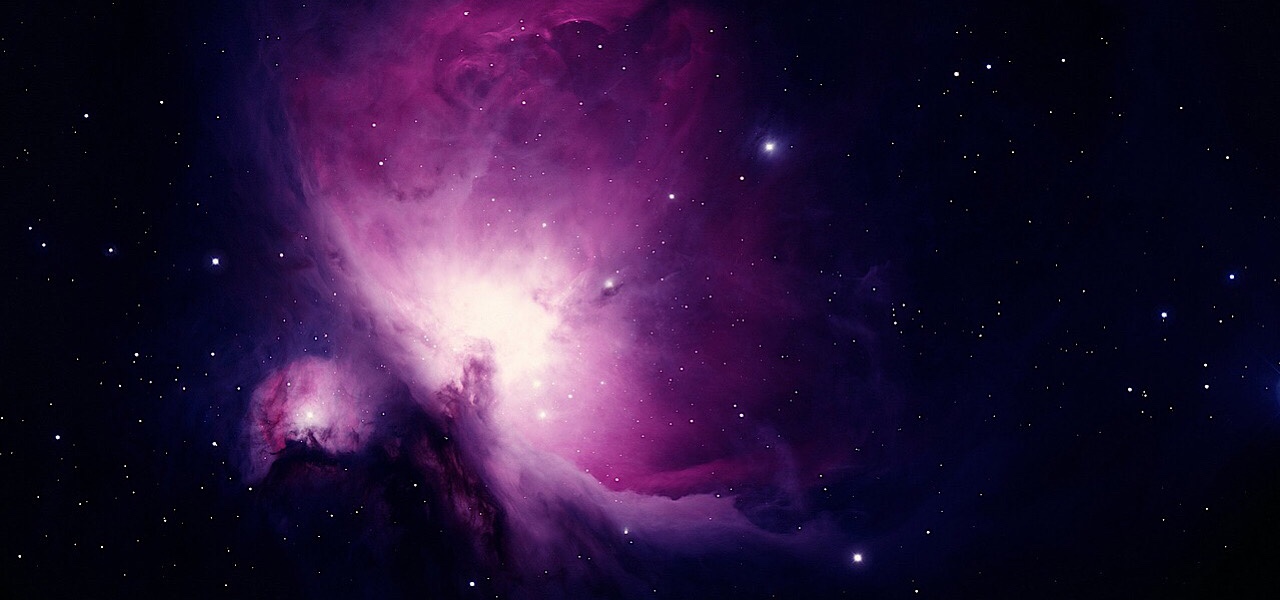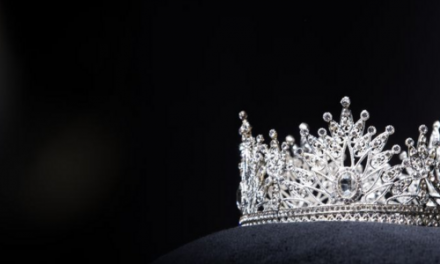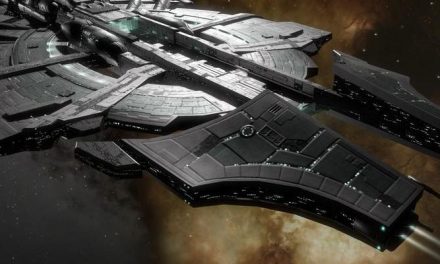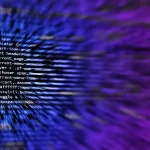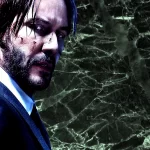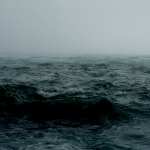Tonight I taught science to more than 300 attendees of a public open house at a local observatory. I say “taught science” because I used the topic of astronomy to talk to visitors of all ages about the larger driving force behind all of science: the search for understanding and rational explanations for vast questions.
Science reporting is traditionally poor, with preliminary reports or hypotheses presented as absolute fact by those in the media looking for an attention-grabbing headline. This often leads to contradictory or outright false claims, which can sow confusion and doubt among the general populace. Tonight I spoke about how science “changing its mind” about a topic is actually a the entire point; to quote the comedian and science communicator Dara O’Briain, “if science knew everything, it’d stop.”
A big focus of tonight’s talks was the supernova discovered in the Pinwheel Galaxy last night; the observatory—and many others across the globe—were taking pictures of the galaxy to provide a better and more accurate of what star exploded, how that affects the rest of the galaxy, and what more it can tell us about the lifecycle of stars. Luckily enough, the same galaxy had a supernova in 2011, and the observatory took pictures before and after, showing a bright new flash which outshone the rest of the galaxy combined.
With the Pinwheel Galaxy (Messier 101) nearly 21,000,000 light years away, I was able to talk about just how vast space is, the expansion of the universe due to Dark Energy, and even the eventual fate of the cosmos. The crowds had no end to their questions, which made me to happy; the whole point of science is to ask those questions! It also made me feel genuinely good that I, an absolute amateur and hobbyist at best, could provide insight, direction, and share my passion with people.
My previous trips to the observatory were always capped out at ~30 people, and so that’s the general crowd size I was expecting tonight. I had no idea that the public “star parties” got so large! There were many volunteer docents on hand, and while the docent of the research telescope was dialing in exposures of M101, I stepped forward and began presenting, completely ad lib, and kept talking for another three hours as different groups filtered through. The docent gave me a thumb’s up so I kept going, and it felt wonderful.
For the first time in a while I felt useful, that I was helping to inspire others. Whether through storytelling, theatre, RPGs, or other mediums, that feeling has been absent from my life for too long, and I think tonight really drew a pointer to that fact.
I love teaching, I love sharing, and most of all I love inspiring others. I talked with the volunteer coordinator last time I was up at the observatory about becoming a docent, focused on presentations and outreach. It felt like a genuine step in a good direction, some action toward regaining something I’ve been long without.
It felt so, so good to share my love of science with an engaged and enthusiastic public tonight. To—even as a lay person—provide answers and inspire questions from people who hopefully have a new appreciation for the night sky and its multitudes. That the docent in charge of the research telescope, after the last guests (aside from me) had left, said I did a fine job, almost meant as much as the feeling itself. More than one visitor specifically thanked me for sharing my passion with them, and it was a heartwarming comment every time.
I don’t know what the future may hold but tonight reminded me how important it is—for my own well-being if nothing else—for me to get back out there and find groups to educate, entertain, and inspire. I’ve been hiding in my own little cave for far too long, slowly letting myself diminish in the dark.
Header image of the Orion Nebula courtesy of Pixabay.com, a great source for royalty-free stock images.

